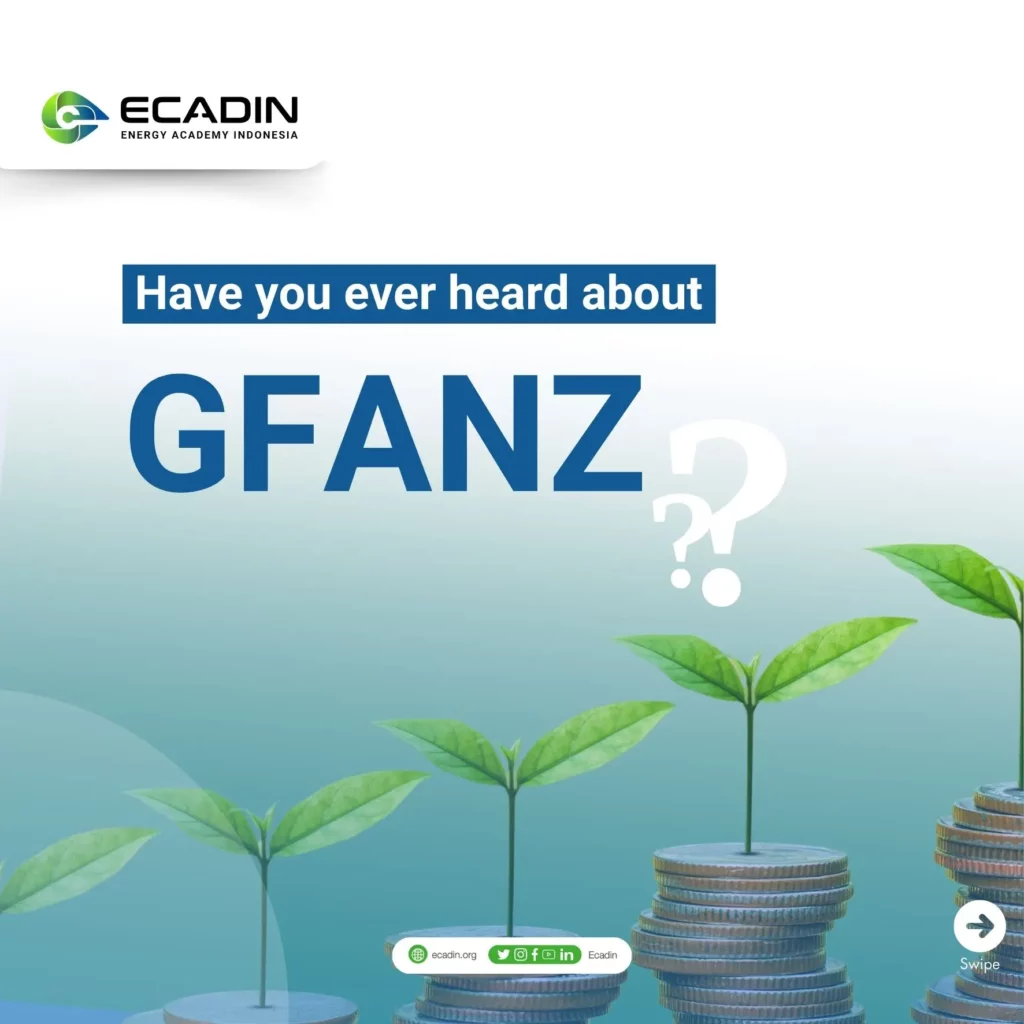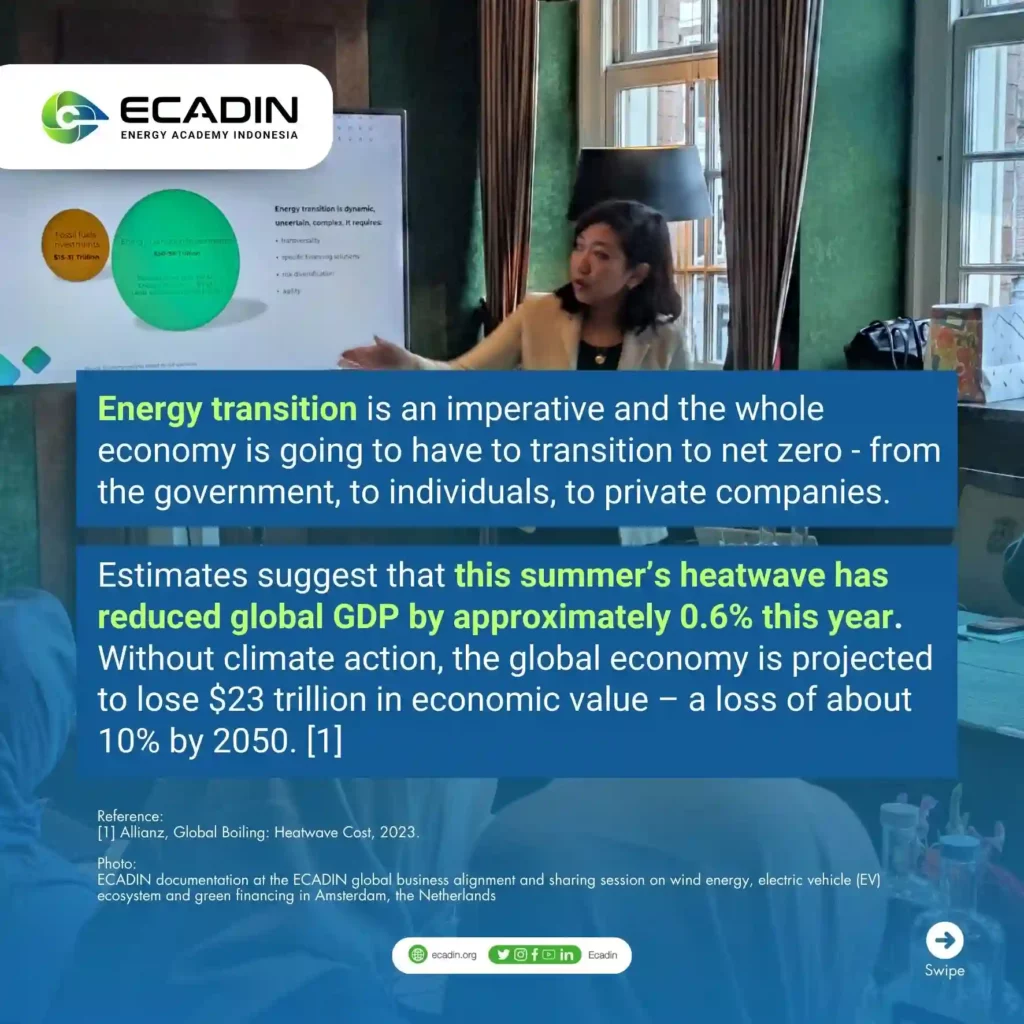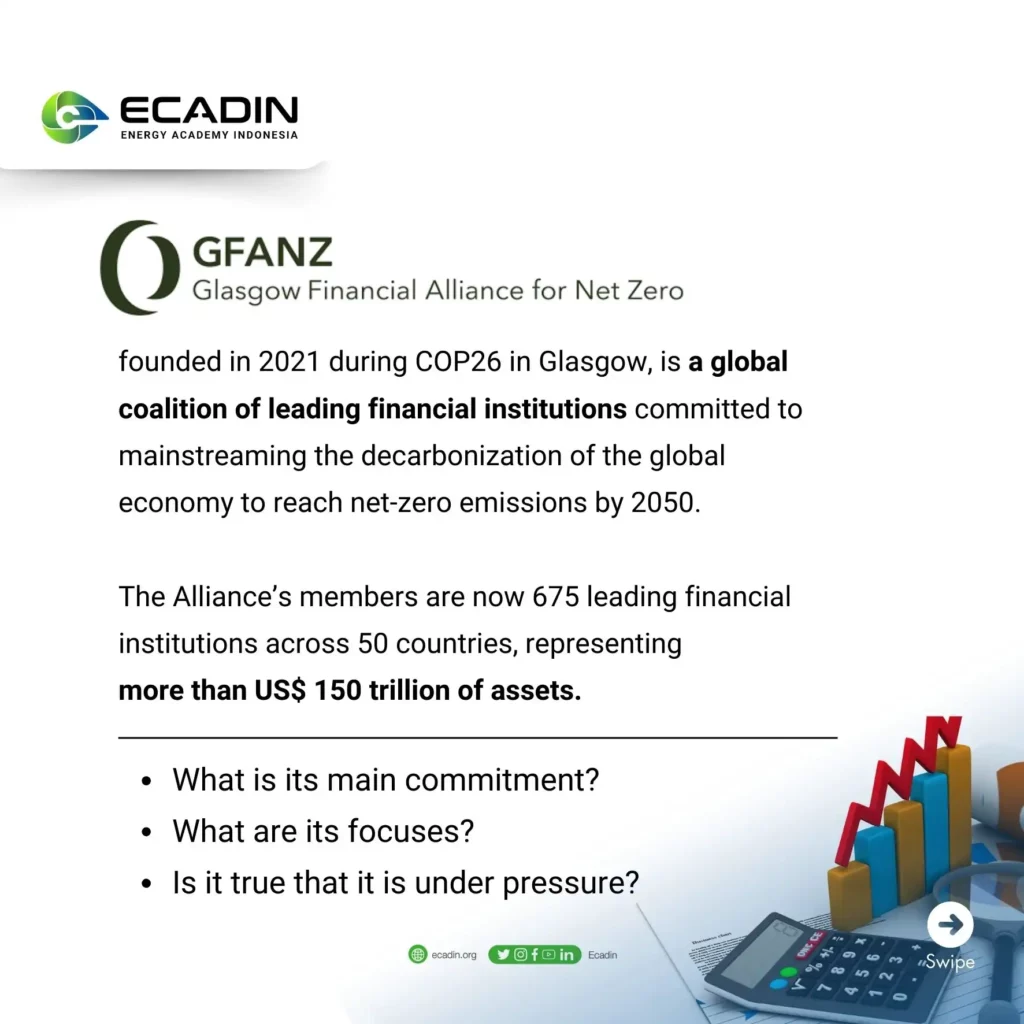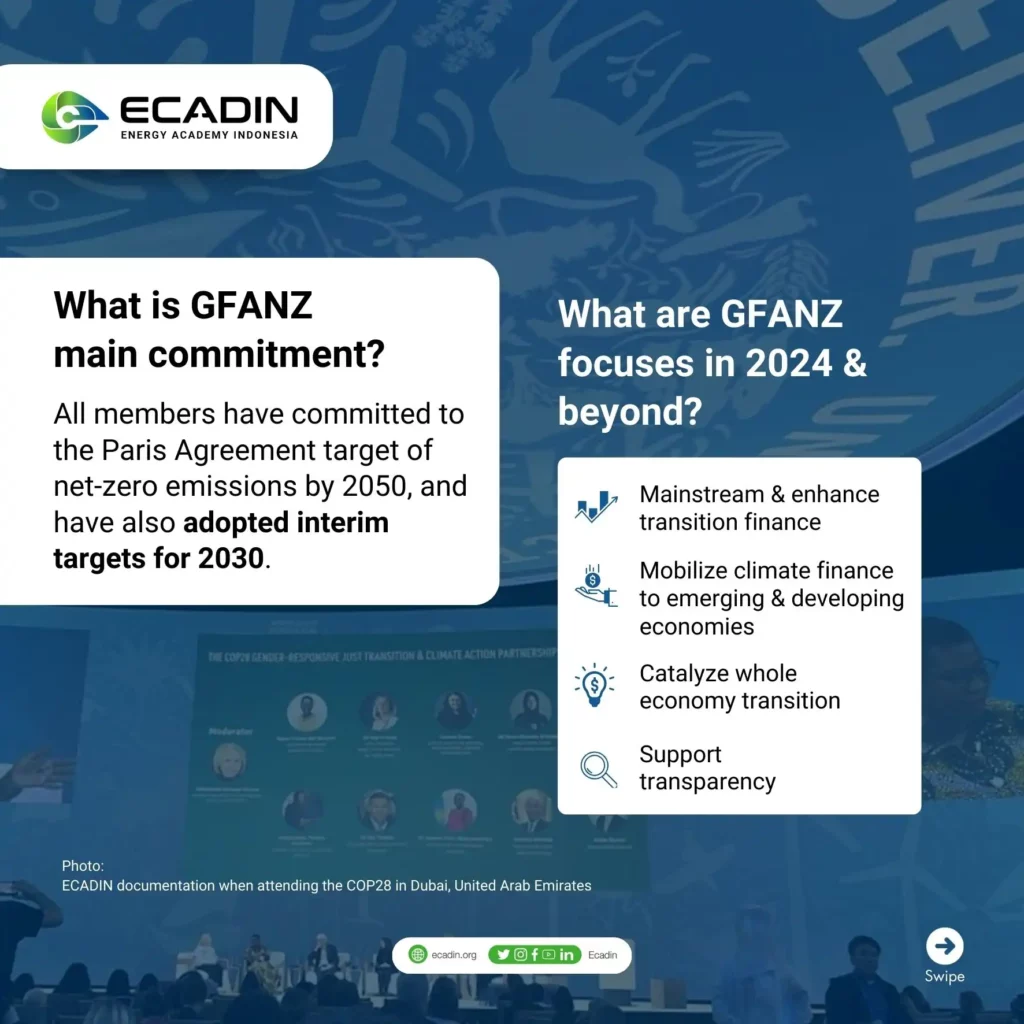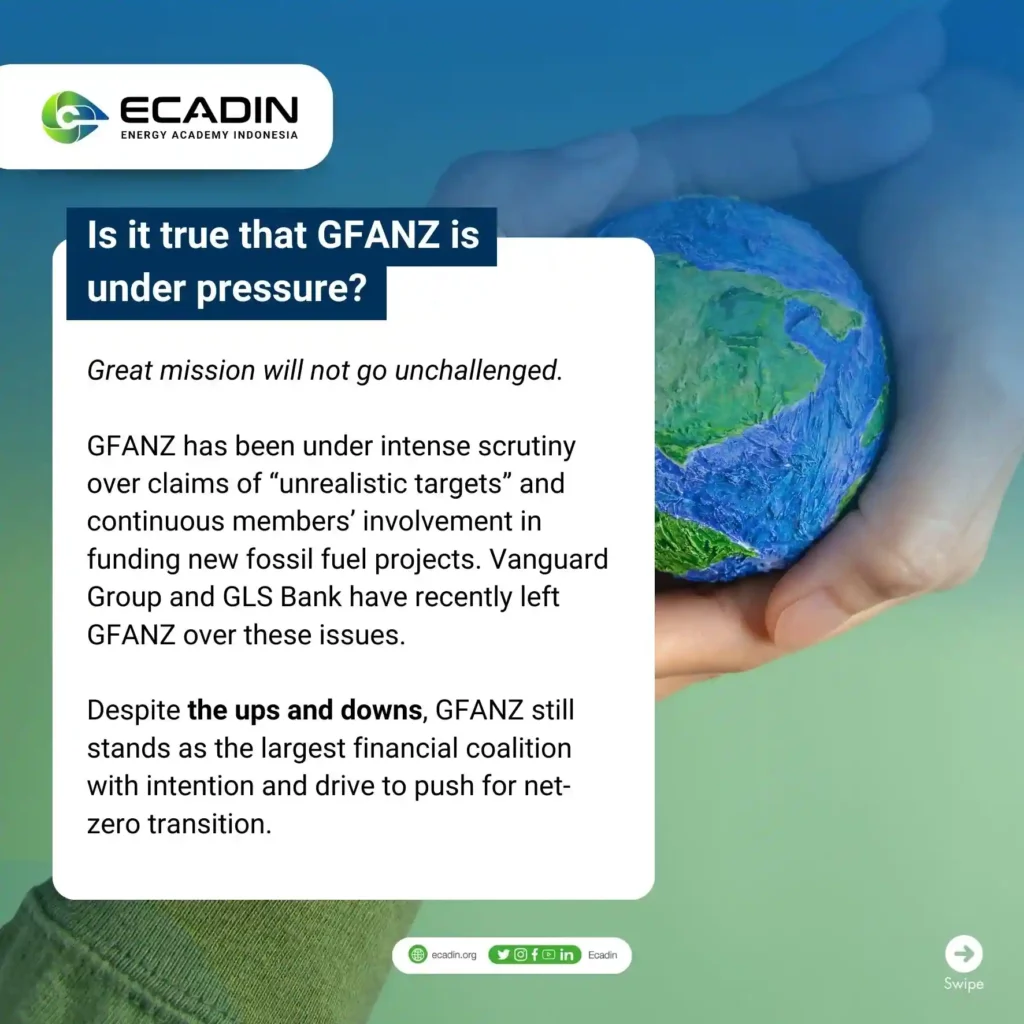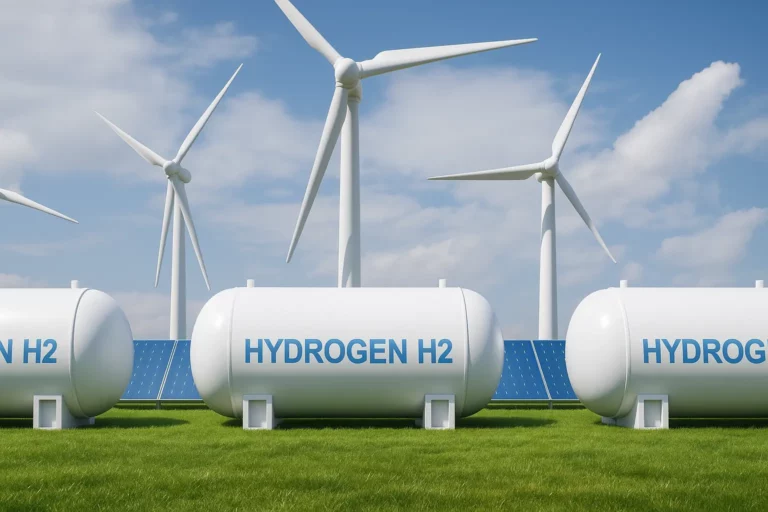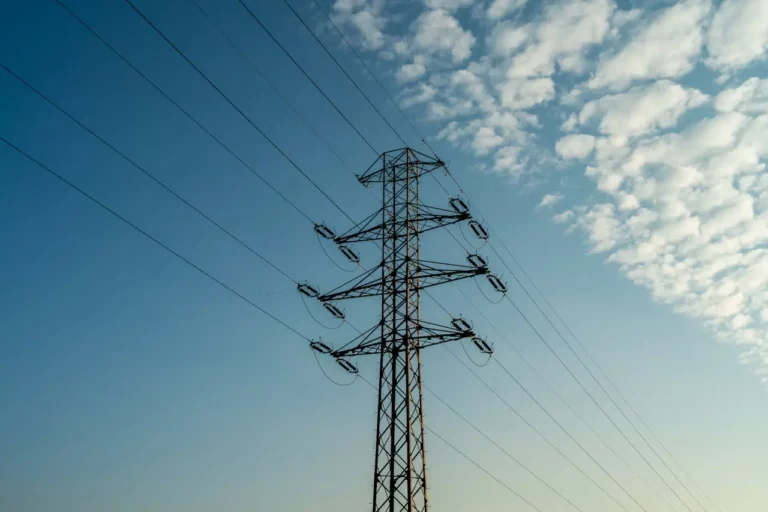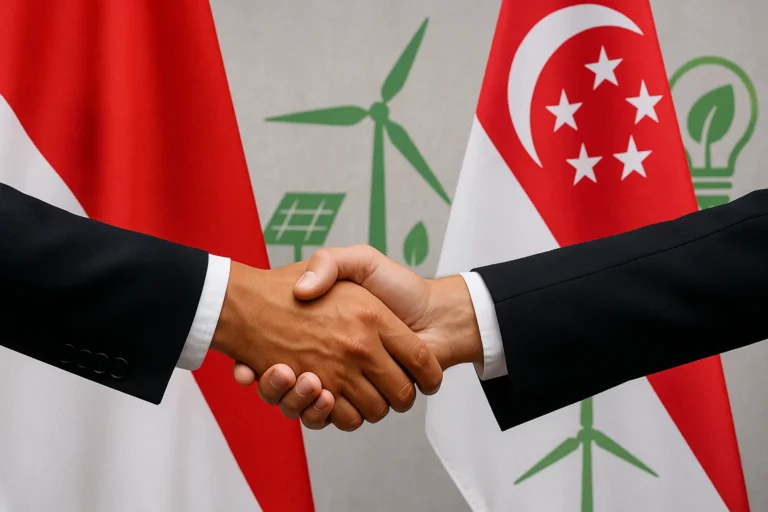The Urgency of Energy Transition
Energy transition is an imperative and the whole economy is going to have to transition to net zero – from the government, to individuals, to private companies. Estimates suggest that this summer’s heatwave has reduced global GDP by approximately 0.6% this year. Without climate action, the global economy is projected to lose $23 trillion in economic value – a loss of about 10% by 2050.1
The Net-Zero Transition: A Trillion-Dollar Opportunity
In many ways, the net-zero transition is underway. And, it’s not just a cost: it’s a mega opportunity trend worth trillions. In 2021- 2050, energy transition investments are estimated to size more than three times fossil fuel investments.2 In fact, investment in the energy transition has risen over 40% since 2020. Despite progress, there is an investment gap totaling almost $200 trillion by 2050 — or nearly $7 trillion a year.3 Therefore, for the energy transition to be successful, coordination across the entirety of the financial system would need to be facilitated to ensure coherency and consistency.
The Glasgow Financial Alliance for Net Zero (GFANZ), founded in 2021 during COP26 in Glasgow, is “a global coalition of leading financial institutions committed to mainstreaming the decarbonization of the global economy to reach net-zero emissions by 2050”. The Alliance’s members are now 675 leading financial institutions across 50 countries, representing more than US$ 150 trillion of assets.
What is the main commitment? All members have committed to the Paris Agreement target of net-zero emissions by 2050, and have also adopted interim targets for 2030
GFANZ Commitments and Focus Areas for 2024
What are GFANZ focuses in 2024 and beyond? Four focuses: (1) Mainstream and enhance transition finance (2) Mobilize climate finance to emerging and developing economies (3) catalyze whole economy transition, and (4) support transparency
Is it true that GFANZ is under pressure? Great work will not go unchallenged! GFANZ has been under intense scrutiny over claims of “unrealistic targets” and continuous members’ involvement in funding new fossil fuel projects. Vanguard Group and GLS Bank have recently left GFANZ over these issues. Despite the ups and downs, GFANZ still stands as the largest financial coalition with intention and drive to push for net-zero transition.
One of the seven alliances under GFANZ is Net Zero Banking Alliance (NZBA), which comprises of 141 banks with total US$ 74 trillion assets, representing 41% of global banking assets. There is no Indonesian bank in the Alliance yet, but 10 ten largest banks including JPMorgan Chase, Bank of America, Wells Fargo, HSBC and Morgan Stanley, are onboard.
Take a look at the list of NZBA’s published decarbonization targets here Our Members – United Nations Environment – Finance Initiative (unepfi.org) For example, HSBC has committed to be net-zero in own operations and supply chain by 2030, beside an ambition to providing 750 billion -1 trillion US$ of sustainable finance and investments by 2030.
References:
1Allianz, Global Boiling: Heatwave Cost, 2023.
2Blunomy analysis based on IEA scenarios
3BNEF, Renewable Energy Investment, 2023.



